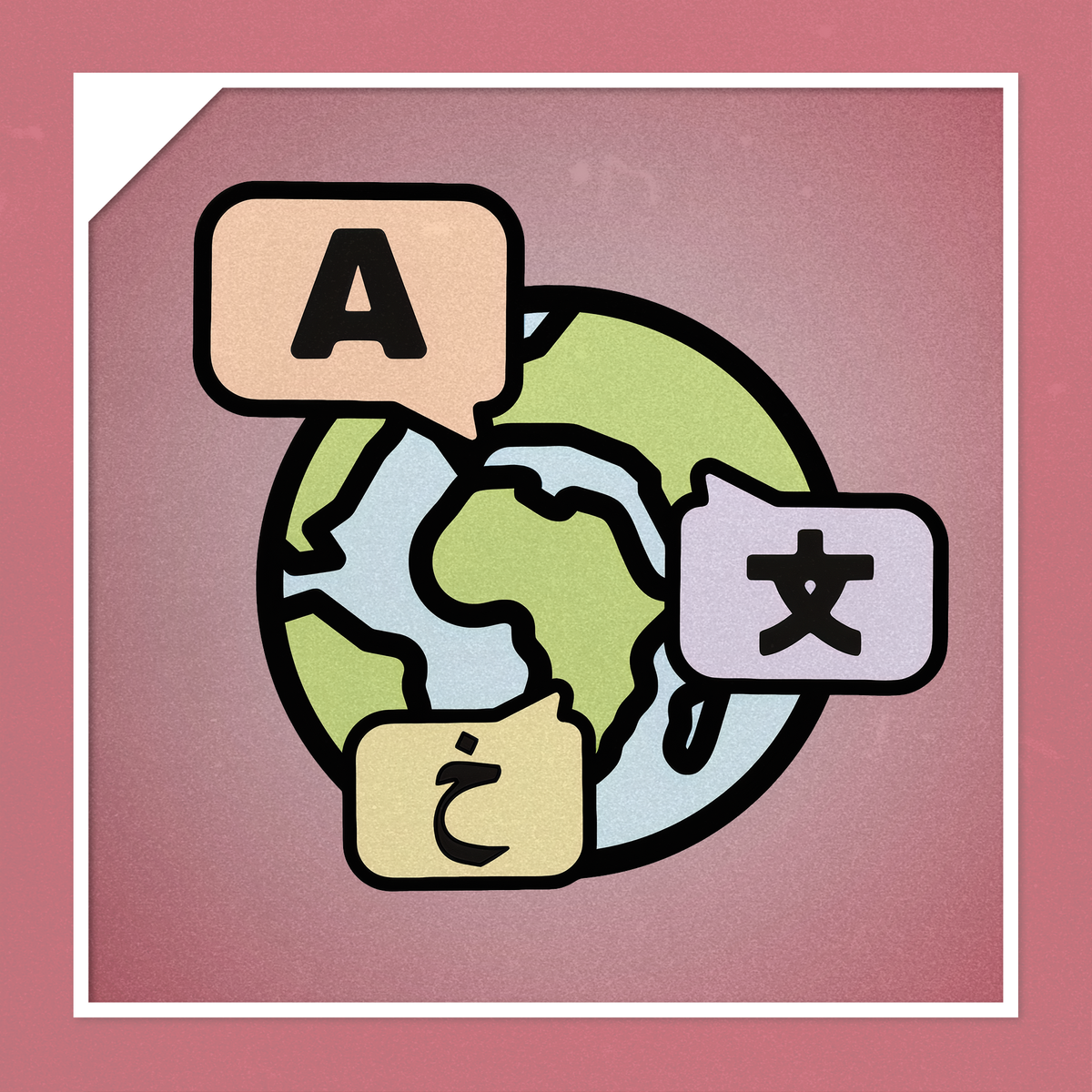
What is linguistic diversity? What are its implications and opportunities? How is diversity around the world? How is it experienced, understood and managed in different contexts? What is your knowledge and experience about languages and diversity?
Read more
What is linguistic diversity? What are its implications and opportunities? How is diversity around the world? How is it experienced, understood and managed in different contexts? What is your knowledge and experience about languages and diversity?
What is linguistic diversity? What are its implications and opportunities? How is diversity around the world? How is it experienced, understood and managed in different contexts? What is your knowledge and experience about languages and diversity?
In this course we approach linguistic diversity and multilingualism not only from a theoretical point of view, but also from a perspective oriented to help understand and manage various contexts that emerge from diversity in different environments of social interaction.
The contents will cover aspects related to the conceptual and legal frameworks and to specific cases of linguistic diversity. You are invited to enrich these contents with your contribution.
Through this course, we hope to create a platform of sharing and discussion in order to enrich all participants’ knowledge, open perspectives and encourage the defense and promotion of linguistic diversity.
You can see the promotional video of the course at this link: https://youtu.be/aVzCKGtuNPY
Join us!
This course has been designed by Linguapax International, with the support of the Department of Culture and the Department of Foreign Action, Institutional Relations and Transparency of the Catalan Government and with the collaboration of the UNESCO Chair in Linguistic and Cultural Diversity of the Institute of Catalan Studies.
Two deals to help you save
What's inside
Syllabus
Language Diversity: What for?
This course offers a wide panorama of linguistic diversity. It deals with aspects related to the conceptual and legal frameworks and explores different fields in which linguistic diversity matters, diverse perspectives to approach the issue and questions that arise. It also presents practices of language revitalization, promotion of multilingualism, and innovative and creative enterprises dealing with linguistic diversity. It is oriented to help understand and manage various contexts that emerge from linguistic diversity in different environments of social interaction. Finally, it intends to create a community of linguistic diversity promoters who share ideas and experiences to constantly broaden their horizons.
Read more
Syllabus
Good to know
Save this course
Reviews summary
Five-star linguistic love
Activities
Compile your course materials and notes
Show steps
Promotes effective learning by organizing and reviewing course materials, which can enhance retention and understanding of linguistic diversity concepts.
Browse courses on
Note-Taking
Show steps
-
Gather all course materials, including notes, handouts, and assignments
-
Organize the materials chronologically or by topic
-
Review the materials regularly to reinforce learning
Read 'Atlas of Languages' by David Crystal
Show steps
Provides a comprehensive overview of the world's languages, their distribution, and the factors that influence their diversity.
View
The Cambridge Encyclopedia of the English...
on Amazon
Show steps
-
Read the introduction and first two chapters
-
Focus on the maps and charts to visualize the distribution of languages
-
Take notes on the key concepts and theories presented
Watch video lectures on language revitalization
Show steps
Enriches understanding of the challenges and strategies involved in revitalizing endangered languages and promoting linguistic diversity.
Browse courses on
Language Revitalization
Show steps
-
Search for video lectures on language revitalization on platforms like YouTube or Coursera
-
Select lectures that cover different perspectives and case studies
-
Take notes on key concepts and best practices
Show all three activities
Compile your course materials and notes
Show steps
Promotes effective learning by organizing and reviewing course materials, which can enhance retention and understanding of linguistic diversity concepts.
Browse courses on
Note-Taking
Show steps
- Gather all course materials, including notes, handouts, and assignments
- Organize the materials chronologically or by topic
- Review the materials regularly to reinforce learning
Read 'Atlas of Languages' by David Crystal
Show steps
Provides a comprehensive overview of the world's languages, their distribution, and the factors that influence their diversity.
View
The Cambridge Encyclopedia of the English...
on Amazon
Show steps
- Read the introduction and first two chapters
- Focus on the maps and charts to visualize the distribution of languages
- Take notes on the key concepts and theories presented
Watch video lectures on language revitalization
Show steps
Enriches understanding of the challenges and strategies involved in revitalizing endangered languages and promoting linguistic diversity.
Browse courses on
Language Revitalization
Show steps
- Search for video lectures on language revitalization on platforms like YouTube or Coursera
- Select lectures that cover different perspectives and case studies
- Take notes on key concepts and best practices
Career center
Linguist
Interpreter
Translator
Anthropologist
Speech-Language Pathologist
Teacher
Journalist
Editor
Writer
Librarian
Museum curator
Archivist
Historian
Lawyer
Politician
Reading list
Share
Similar courses
OpenCourser helps millions of learners each year. People visit us to learn workspace skills, ace their exams, and nurture their curiosity.
Our extensive catalog contains over 50,000 courses and twice as many books. Browse by search, by topic, or even by career interests. We'll match you to the right resources quickly.
Find this site helpful? Tell a friend about us.
We're supported by our community of learners. When you purchase or subscribe to courses and programs or purchase books, we may earn a commission from our partners.
Your purchases help us maintain our catalog and keep our servers humming without ads.
Thank you for supporting OpenCourser.



